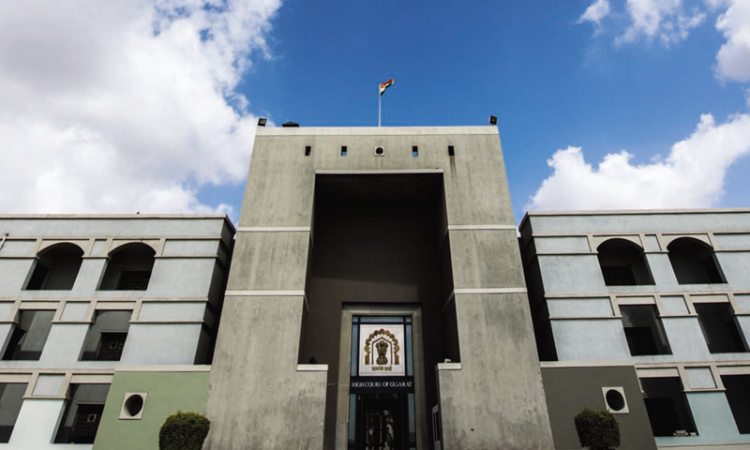Restitution Of Conjugal Rights- "Can't Force Wife To Cohabit With Husband Even By A Court's Decree": Gujarat High Court
Sparsh Upadhyay
30 Dec 2021 6:58 PM IST

Next Story
30 Dec 2021 6:58 PM IST
In an important ruling, the Gujarat High Court has observed that in a suit filed by the husband for restitution of conjugal rights, a woman cannot be forced to cohabit with her husband even by way of a court's decree.This assertion came from the Bench of Justice J. B. Pardiwala and Justice Niral Mehta while overturning a family court's order under which a Muslim woman was directed to go back...
